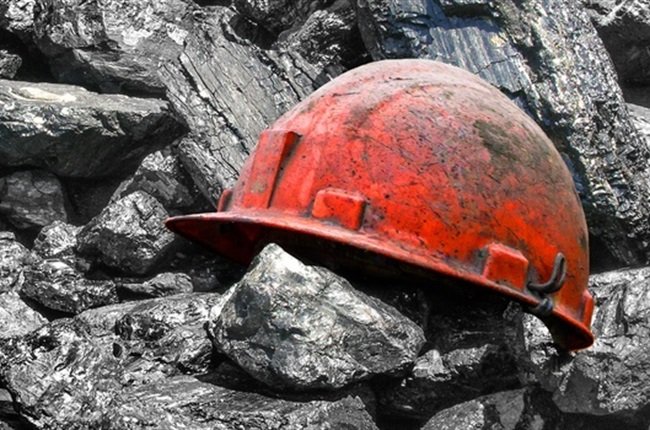Women in Zimbabwe’s small-scale mining sector have lamented the lack of access to geological information which restricts their progress and expansion into large-scale mining operations.
Interviews conducted with female miners who participated in an academy for artisanal and small-scale miners revealed they often resort to speculative mining due to limited knowledge of minerals and geology.
Sibongile Ndlovu, a 52-year-old woman and Chairlady of Women in Mining in Insiza (specialising in gold), highlighted how information scarcity hampers women’s productivity. “We need access to information to work effectively,” she emphasised.
Ndlovu also called for relaxed regulations, particularly those creating financial burdens for women miners.
“When we started mining as a group, we were 102. Now, due to the challenges we face, we are around 76. It’s not easy for women. Without capital to purchase equipment, it’s hard. Proper mining needs compressors for better production,” Ndlovu explained.
Sophia Takuva, another small-scale miner from Zvishavane district, echoed these sentiments. “Women miners lack proper information on mining, resulting in reduced productivity,” she said.
Takuva elaborated on the challenges faced by different groups of women miners, including registered small-scale miners, unregistered miners working as tributes, and the discrimination they encounter due to a lack of proper mining knowledge and project sustainability skills.
“They do guesswork because they lack exploration, losing money searching for rich ore belts. Their employees go underground while they lack knowledge of what’s happening, leading to losses,” Takuva added.
Kundai Chikonzo Midzi, Chairperson for the Zimbabwe Association for Women in Mining Association (ZAWIMA), underscored the importance of initiatives like the artisanal small-scale miners’ academy in providing women miners with access to information.
“We educated them on lithium geology, grading, and pricing. We visited the Zulu lithium mine to show them the processes involved,” Chikonzo Midzi explained.
She further emphasized how limited information access hinders growth for women in mining, especially in remote areas with poor network connectivity and literacy challenges.
Robin Gilli, project manager of the World Resources Forum Association, highlighted the importance of geological knowledge for miners.
“Information on geology and mineral processing can help them become more efficient and effective,” she said.
Farai Mutondoro, coordinator for the Africa Institute of Environmental Law, advocated for women to form mining cooperatives to leverage their collective strength and gain more value from lithium mining. He also called for increased government financing for women in the lithium sector.
Effort Dube, a legal officer at the Zimbabwe Environmental Law Association, expressed hope that the academy would empower women miners to approach mining as a business.
“We shared relevant institutions where they can access information and invited representatives from the Environmental Management Agency to assist with environmental management,” Dube concluded.

